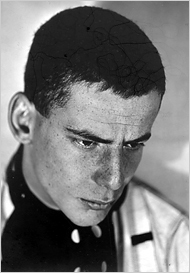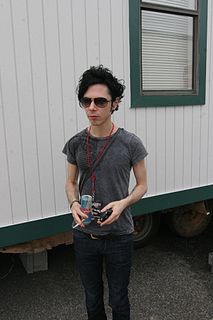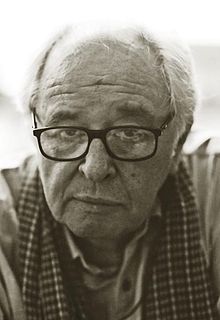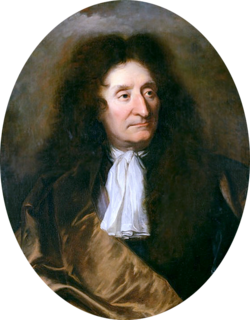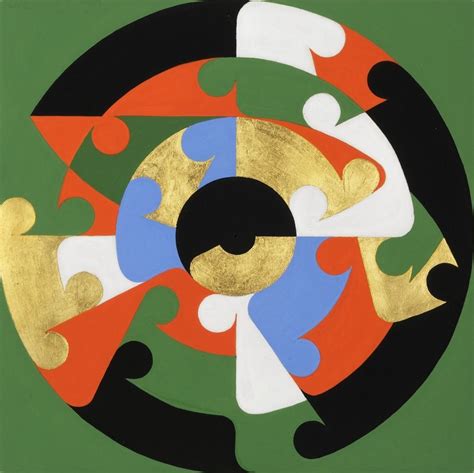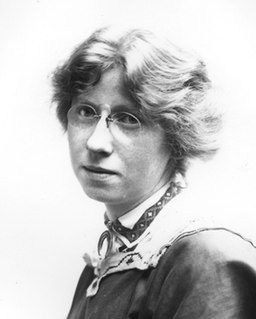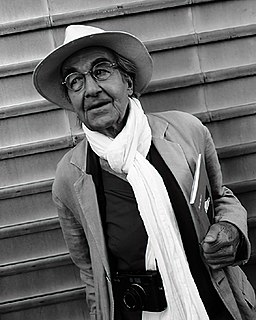A Quote by Graciela Iturbide
I do not understand what makes me take a picture. Cartier-Bresson talks about the decisive moment, the necessity to function with lynx eyes and silk gloves. Perhaps what happens when you press the shutter is an intuitive act infused with all you have learned.
Related Quotes
Cartier-Bresson has said that photography seizes a 'decisive moment', that's true except that it shouldn't be taken too narrowly...does my picture of a cobweb in the rain represent a decisive moment? The exposure time was probably three or four minutes. That's a pretty long moment. I would say the decisive moment in that case was the moment in which I saw this thing and decided I wanted to photograph it.
While photography to Cartier-Bresson is constantly an intuitive process, it is never purely instinctive. It is founded on continuous intellection, on ceaseless consideration during all moments previous to, or preparatory for, the pressing. It does not only operate in the blinding flash of a moment seized; it works all the time. The snatched picture merely cuts across the vein of observable incident or accident which is always beating, whether or not the fingers actually press.
It is a great honor for me to be compared to Henri Cartier-BressonBut I believe there is a very big difference in the way we put ourselves inside the stories we photograph. He always strove for the decisive moment as being the most important. I always work for a group of pictures, to tell a story. If you ask which picture in a story I like most, it is impossible for me to tell you this. I don't work for an individual picture. If I must select one individual picture for a client, it is very difficult for me.
The decisive moment, the popular Henri Cartier-Bresson approach to photography in which a scene is stopped and depicted at a certain point of high visual drama, is now possible to achieve at any time. One's photographs, years later, may be retroactively rephotographed by repositioning the photographer or the subject of the photograph, or by adding elements that were never there before but now are made to exist concurrently in a newly elastic sense of space and time.
Let's assume that all the cassettes of monochrome film Cartier-Bresson ever exposed had somehow been surreptitiously loaded with colour film. I'd venture to say that about two thirds of his pictures would be ruined and the remainder unaffected, neither spoiled nor improved. And perhaps one in a thousand enhanced.


